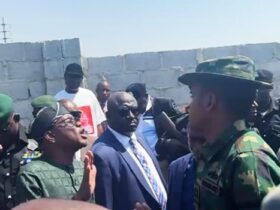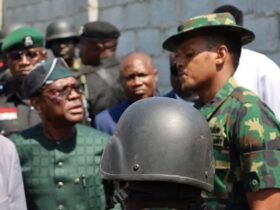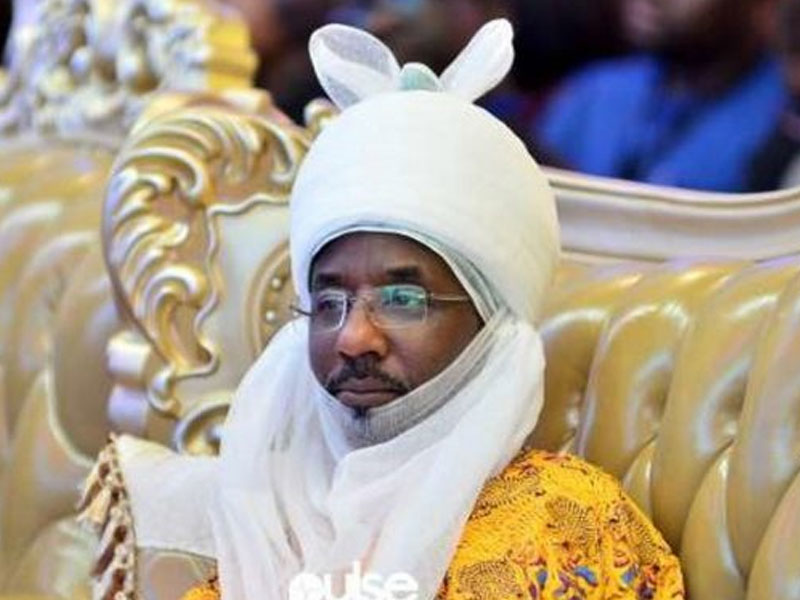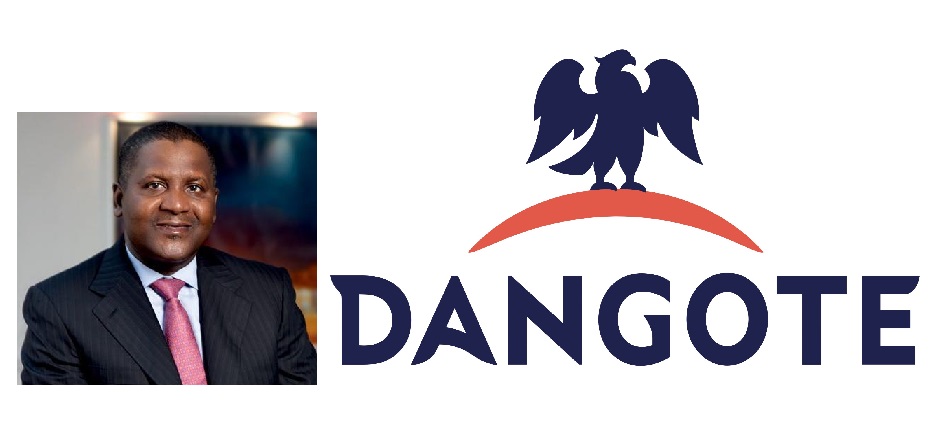A Political Firestorm
The declaration of a state of emergency in Rivers State by President Bola Tinubu has ignited a wave of criticism, with former presidential candidate Peter Obi leading the charge. In a strongly worded statement released on his X account, Obi described Tinubu’s decision to suspend Governor Siminalayi Fubara as “reckless and unconstitutional.” The Labour Party stalwart called on the National Assembly and other stakeholders to reverse the proclamation, warning that it threatens Nigeria’s democracy and undermines the rule of law.

Obi’s Statement: A Defense of Democracy
Peter Obi, the Labour Party’s presidential candidate in the 2023 election and former governor of Anambra State, did not hold back in his criticism of Tinubu’s actions. He argued that the President’s unilateral decision to remove Fubara from office sets a dangerous precedent and erodes the progress made in Nigeria’s 26 years of democracy.
“The unilateral decision of President Bola Tinubu to remove Governor Siminalayi Fubara of Rivers State from office is not only unconstitutional but also reckless,” Obi stated. “It has plunged us back into a state of lawlessness, undoing the progress we have made in these 26 years of democracy.”
Obi emphasized that Tinubu’s actions demonstrate a disregard for the rule of law and a willingness to trample on democratic principles. He called on the National Assembly to intervene and prevent the declaration from standing, warning that failure to do so would deepen the culture of impunity and brigandage in the country.
Tinubu’s Justification: A Breakdown of Law and Order
President Tinubu’s decision to declare a state of emergency in Rivers State came after months of political unrest and a recent pipeline explosion that further destabilized the region. In his announcement, Tinubu cited unresolved crises, a breakdown of law and order, and insecurity as the primary reasons for his decision. He also suspended Governor Fubara and his deputy, Ngozi Odu, for six months, appointing retired Vice Admiral Ibokette Ibas as the administrator of the state.
While Tinubu framed the move as a necessary step to restore peace and stability, critics like Peter Obi argue that it undermines democratic governance and sets a dangerous precedent for federal overreach.
Mixed Reactions: A Nation Divided
Tinubu’s declaration has sparked a heated debate across Nigeria, with reactions split along political lines. Supporters of the All Progressives Congress (APC) have defended the decision, arguing that it was necessary to address the escalating crisis in Rivers State. They point to the breakdown of governance, the non-functionality of the state legislature, and the threat to national security as justification for the emergency measures.
On the other hand, opposition leaders and civil society groups have condemned the move, describing it as an attack on democracy and an overreach of executive power. The Peoples Democratic Party (PDP) has rejected the declaration, accusing Tinubu of attempting to impose an undemocratic rule in Rivers State.
The Role of the National Assembly: A Call to Action
Peter Obi’s appeal to the National Assembly underscores the importance of checks and balances in a democratic system. He urged lawmakers to overturn Tinubu’s proclamation, emphasizing that the decision violates the constitution and undermines the will of the people.
“I appeal to the National Assembly and all stakeholders not to allow this to stand, as it only deepens the culture of impunity and brigandage already threatening our democracy,” Obi said. His call to action highlights the need for legislative intervention to safeguard Nigeria’s democratic institutions and uphold the rule of law.
The Bigger Picture: Implications for Nigeria’s Democracy
The crisis in Rivers State and Tinubu’s declaration of a state of emergency raise critical questions about the future of democracy in Nigeria. The federal government’s intervention has reignited debates about the balance of power between the federal and state governments, the role of the National Assembly in such decisions, and the importance of adhering to constitutional principles.
For Rivers State, the immediate focus is on restoring stability and addressing the root causes of the crisis. However, the broader implications of Tinubu’s actions could have far-reaching consequences for Nigeria’s political landscape, particularly as the country prepares for the 2027 general elections.
A Test for Nigeria’s Democracy
As Nigeria grapples with the fallout from the crisis in Rivers State, the need for dialogue, transparency, and adherence to constitutional principles has never been more urgent. Peter Obi’s condemnation of Tinubu’s declaration serves as a rallying cry for all Nigerians who value democracy and the rule of law.
Read also: “Tinubu Appoints Retired Vice Admiral Ibas as Rivers State Administrator”
The coming days will be critical as the National Assembly debates the declaration and stakeholders work to find a resolution that prioritizes the well-being of Rivers State residents and the preservation of Nigeria’s democratic values. For now, the nation watches and waits, hoping for a peaceful and constitutional resolution to the crisis.
















Got a Questions?
Find us on Socials or Contact us and we’ll get back to you as soon as possible.